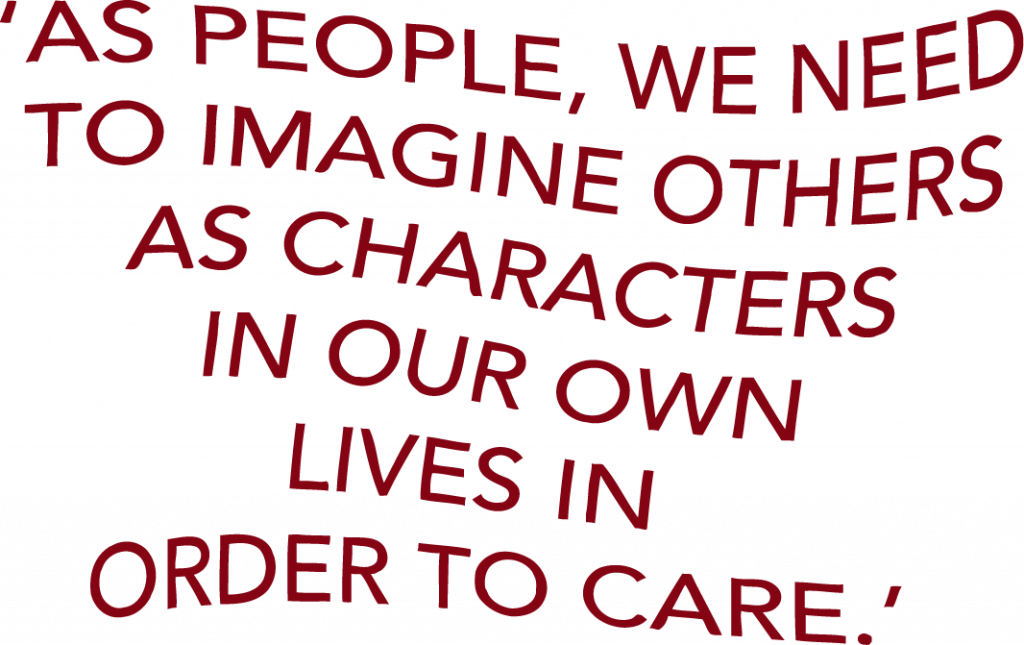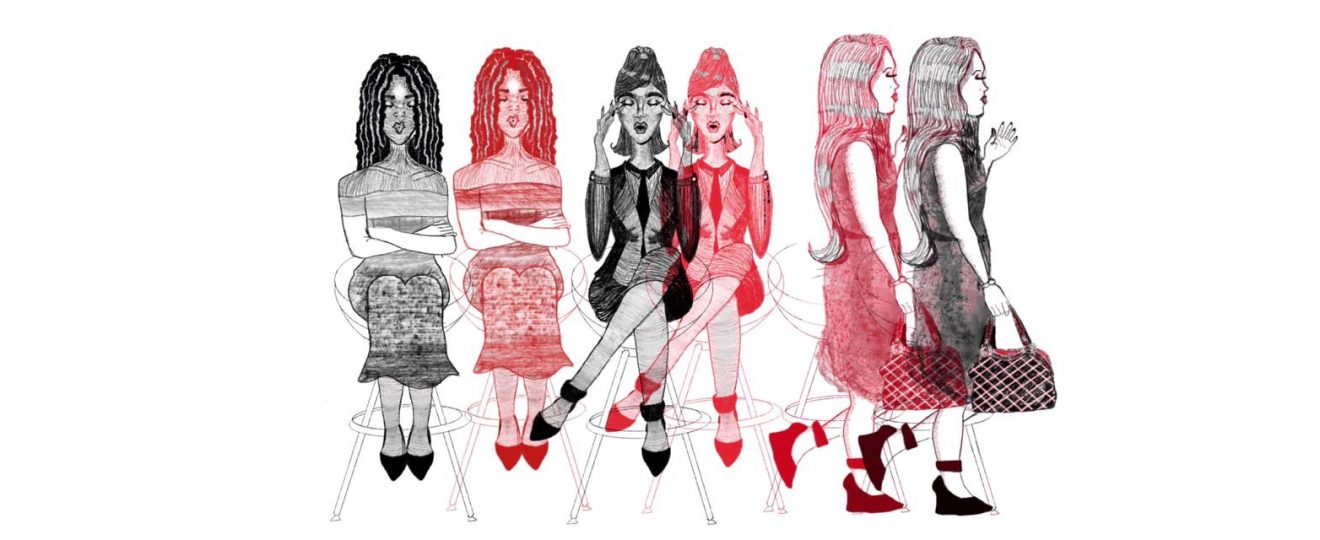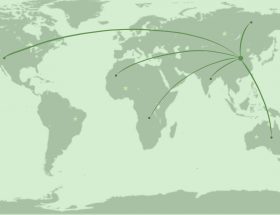This article is going to be an exploration of the phrase ‘she might be someone’s daughter/mother/sister/wife’, and my previous problems with it. We’re going to look at whether it’s legitimate to be frustrated by it, or whether my personal annoyance is simply pernickety, taking a detour through Movember advertising and the benefits of reading when you’re young (hot take – books are good for you). This isn’t going to be a rant! I promise! It’s a compare and contrast of the way we make connections with strangers, and whether that process is inherently sexist or inherently human. Why is it necessary to make a connection to a specific woman in your life in order to empathise with a woman you don’t know, when you could just empathise with her as a person? Or do we need to make these kinds of mental connections in order to empathise with anyone, their gender being irrelevant?
My initial issue with the phrase was fuelled by feminist indignation at the way the woman in question only mattered if she existed in relation to someone else. The majority of times I’ve come across this phrase is when it is deployed in response or reference to some form of sexual assault. Because of this, I read the phrase as implicitly male centric––she is a man’s daughter/mother/sister/wife, and therefore her value in general is reliant on her value to a man. In order to understand the woman’s worth her connection to a man must be identified and vocalised. And this just didn’t sit right with me.
However, there are many ways to counter the reasoning I have just laid out. Firstly, while the patriarchy can be both implicit and insidious, it is still my choice to interpret in this way. I am mentally substituting a son, a brother, a husband, when there is actually no indication of filial, fraternal or heterosexual feeling.
Secondly, this is kind of the first step in rejecting misogyny. By being able to identify with the woman, by being able to frame her as a character in your own life, you can empathise with her, worry about her, care for her. And so, as a first step, it’s not bad at all. I don’t want to reward people for the bare minimum, but I also don’t want to cut someone off or discourage them as they start out.
Thirdly, feminism and misogyny may be completely irrelevant here. Regardless of gender, isn’t imagining someone as a friend or relative, mentally putting them in the place of someone you genuinely do care about, exactly how we empathise with anyone, man, woman or other? Creating this connection is actually very universal, as was made most clear to me when reading posts about Movember. Almost every person who grew a moustache during November urged others to do so, or people to donate, for a ‘brother, father, uncle, friend’. At no point when reading these posts did I get irritated that these men were being defined in relation to their family members, their corresponding sister, mother, or niece. It just seemed a logical way to encourage connection and, from that, understanding.
Here we hit a slight snag with my argument. In researching this article I read an interview with Adam Garone, the co-founder of the Movember Foundation. In this article he said that the very reason they incorporated the brother/father/uncle/friend element into marketing, as well as the tagline ‘You can be the difference in a man’s life’, was to bring in more female support. The advertising campaign is confirmation of my initial worries! Our society is divided and alienated! Women can’t care about men without conjuring up some imaginary connection, and vice versa!

Which, actually, makes sense. Imagining people in connection with yourself aids empathy. This was shown by Bal & Veltkamp’s psychological study in 2013, and Keith Oatley’s literature review, which both found that reading fiction increased reader’s empathy levels, as they were ‘transported’ into other people’s minds. Readers of fiction, who were required through these novels to imagine the lives of other people, became more empathetic.
As people, we need to imagine others as characters in our own lives in order to care. Women do this for men, men do this for women. And I think it’s the same when women empathise with women, when men connect with other men, when any person finds a way to identify with any other person. Connecting with strangers is not actually as easy as we would want it to be, and as humans we are inherently self-centred and self-interested. Therefore, I would say that connecting with another person through imagining them in reference to yourself, as a daughter/mother/sister/ or brother/father/uncle is not an example of implicit misogyny, or misandry, but humanity.
Art by Desiree Finlayson




